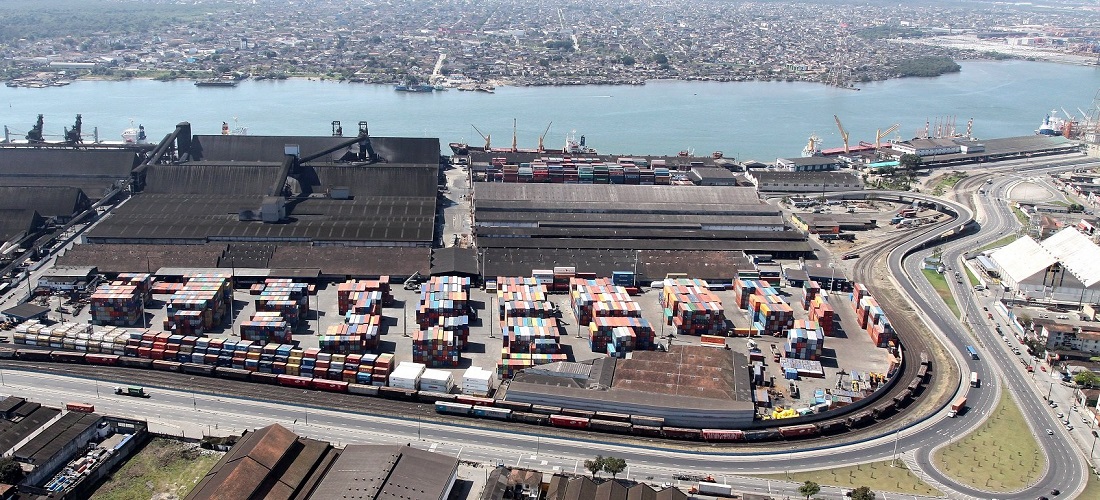
STJ Declares Charge for Cargo Delivery at Terminals Illegal
Jan, 30, 2025 Posted by Denise VileraWeek 202505
The Superior Court of Justice (STJ) has ruled that the Terminal Handling Charge 2 (THC2) imposed by port operators for cargo delivery to inland terminals constitutes an abuse of dominant position. According to the First Panel of the Court, this practice violates Law No. 12,529/2011, which regulates competition defense in Brazil.
The ruling was established during the trial of a lawsuit filed by the inland terminal company Marimex, which challenged the THC2 fee imposed by the port operator Embraport.
The THC2 charge was applied to separate, transport, and deliver cargo from the port to inland terminals.
According to Marimex, the THC2 fee was already included in the box rate (THC), which covers cargo unloading from ships. The company argued that this additional charge constituted double payment.
The abuse of a dominant position in this case was classified as a “price squeeze,” a practice in which a dominant company sets unfair price conditions to restrict competition.
Legal Proceedings and STJ Decision
In the first instance, Marimex’s request was dismissed, prompting an appeal. The São Paulo Court of Justice (TJSP) later ruled that the THC2 charge should be removed, as it violated competition regulations.
Embraport appealed to the STJ, arguing that the THC2 fee was legal under Law No. 10,233/2001 and Resolution No. 2,389/2012 of the National Waterway Transport Agency (Antaq), which regulates the sector. The company claimed Antaq had regulatory authority to set tariffs, review and adjust charges, and prevent actions that harm free competition or constitute economic violations.
Final Ruling
According to Justice Regina Helena Costa, the case falls under the “essential facilities doctrine,” which states that an infrastructure owner must ensure fair access to facilities that are essential for other market participants.
She explained that while charging for access to essential infrastructure is permitted, fees must not create unfair competitive advantages. Otherwise, they would violate free competition principles under Article 36 of Law No. 12,529/2011.
By rejecting Embraport’s appeal, the STJ ruled that the THC2 charge constituted anti-competitive practices, including:
- Hindering the establishment or growth of competitors
- Restricting access to essential resources
- Discriminating against service providers by imposing unfair conditions
The majority of the First Panel supported the ruling, affirming that the THC2 charge is illegal.
Source: Valor Econômico
-
Grains
Jul, 13, 2022
0
China soybean imports fall 23% in June on weak demand
-
Environment
Jul, 07, 2022
0
Maersk steps down from ICS board citing lobby group’s lack of green ambition
-
Ports and Terminals
May, 19, 2021
0
Argentine maritime unions announce 48-hour strike to gain vaccination priority
-
Ports and Terminals
Jun, 19, 2019
0
Peruvian Port of Ilo to handle more than 70,000 tons of Bolivian cargo

